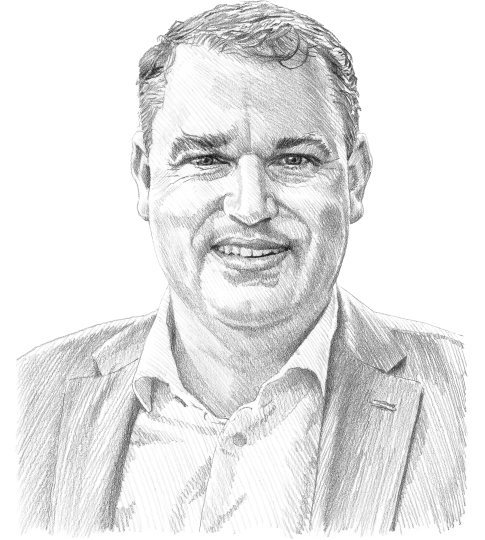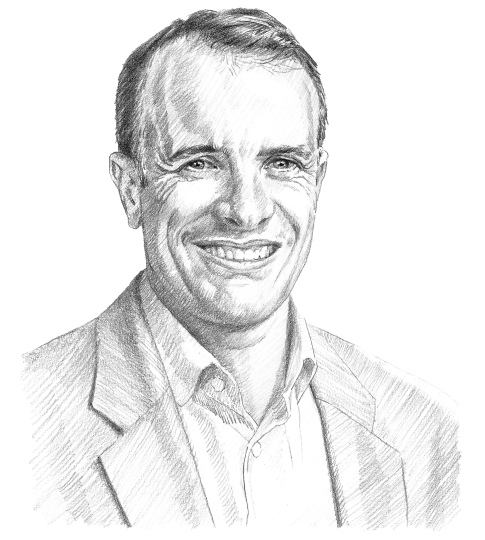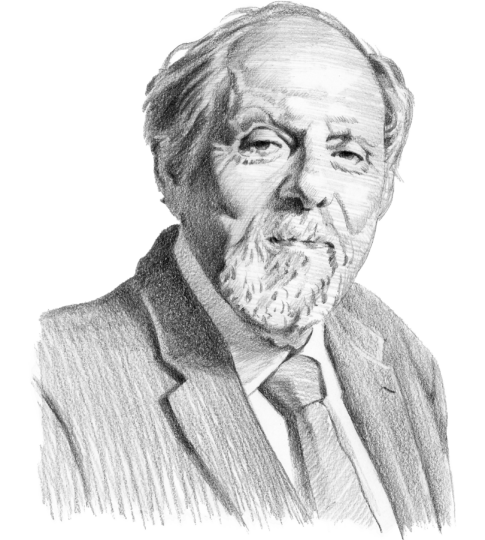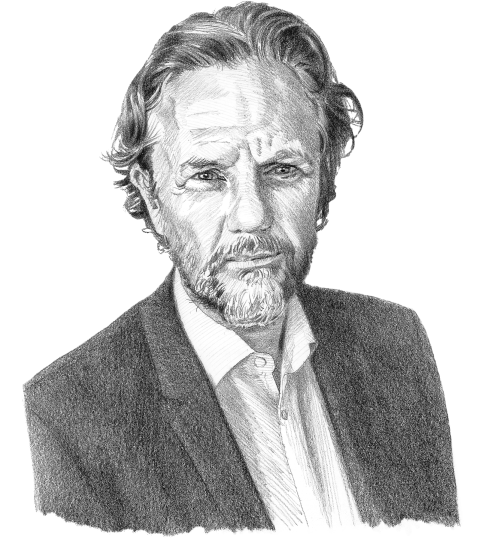Burkina Faso caught in a coup trap
Burkina Faso faces rising jihadist violence and political turmoil, leading to humanitarian crises and shifting alliances with regional and international powers.

In a nutshell
- Jihadist violence is surging in Burkina Faso, worsening humanitarian crises
- Political turmoil in the Sahel has led to coups and regional realignments
- Russia is strengthening ties as Burkina breaks with France and ECOWAS
Over the past decade, and particularly in the last four years, militant insurgency has upended security and humanitarian conditions in the Sahel, now considered the global epicenter of jihadism. In 2023, casualties linked to this form of violent extremism increased by 22 percent worldwide. In Africa, over 80 percent of the deaths linked to militant Islamist groups occurred in the Sahel and Somalia.
Amid regional turmoil and domestic political instability, Burkina Faso – until recently viewed as a beacon of stability – has become the epicenter of religious extremism in the Sahel. In 2023, the country accounted for more than 50 percent of the region’s militant Islamist killings. Ouagadougou has lost control of over half its territory; one in four Burkinabe, in a population of approximately 23 million, requires humanitarian aid, while over 2 million are internally displaced.
Delayed transition
To understand the current situation, one must consider two previous events: Libya’s disintegration in 2011, and the fall of Burkina Faso President Blaise Campaore in 2014. The collapse of the Libyan state ignited the Sahel crisis, starting with Mali in 2012. Instability spread and two years later a wave of popular protests led to the overthrow of President Campaore, who had ruled for 27 years.
Burkina Faso’s situation exemplifies the challenges that come with the abrupt end of semi-authoritarian, personalized regimes. For nearly three decades, stability in the country was preserved through a dense patronage network among traditional chiefdoms and military and political elites. A particularly sensitive issue is the reform of the country’s security sector. The 2015 dissolution of the Presidential Guard (Regiment de Securite Presidentielle) stripped many trained military personnel of their power and status.
The political and military elite’s infighting in the post-Campaore era has brought uncertainty and instability, creating an environment conducive to violent extremism. The first local attack, claimed by al-Qaeda in the Islamic Maghreb (AQIM), struck Ouagadougou in 2016. Subsequent years saw insurgent groups expand their operations and territorial control in the country’s northern and eastern regions bordering Mali and Niger.
Burkina Faso’s situation exemplifies the challenges that come with the abrupt end of semi-authoritarian, personalized regimes.
In 2022, the political consequences of worsening security became evident when the country experienced two coups and three presidencies. The initial coup in January came after months of protests, and was met with public enthusiasm – a recurring theme in the region – and led to the suspension of Burkina Faso from the African Union and the Economic Community of West African States (ECOWAS).
By September 2022, amid further security deterioration, a young army captain, Ibrahim Traore, led another coup, viewed inside the military as a junior officers’ triumph over the old guard. Mr. Traore, commonly known as “IB,” took office as a transitional president and pledged a return to constitutional order by 2024. However, in June 2024, alleging security needs, he extended the transitional period by five years – an unsurprising move given the junta’s consolidation of power through significant security sector changes and the neutralization, or rather elimination, of perceived opponents.
Multiple armed groups
Stabilization is hindered by the country’s complex mosaic of local and regional armed actors. Since 2019, more than 10,000 civilians have been killed in Burkina Faso. In February 2024, Human Rights Watch reported military executions of 223 civilians during counterinsurgency operations.
In August, more than 100 civilians were killed in an attack by members of the Mali-born and al-Qaeda-affiliated Jama’at Nusrat al-Islam wal-Muslimin (JNIM). One of JNIM’s affiliates is Katibat Hanifa (led by Abu Hanifa), which is based in eastern Burkina Faso and is active in Benin, Togo and Ghana. Ansarul Islam, established locally, operates along the border with Mali. Meanwhile, the Islamic State Sahel Province operates in Mali, Niger and the Lake Chad basin, and is a successor of the Movement for Oneness and Jihad in West Africa (MUJAO).

These groups, dominating vast portions of Burkinabe territory, have multiple sources of financing, including extorting local populations, artisanal gold mining, cattle rustling, kidnappings and illicit trade – namely drug trafficking. A recent United Nations Office on Drugs and Crime report highlights a dramatic increase in seizures of cocaine in the Sahel. This indicates that the extensive trafficking networks operating in the region act as links between drug producers in Latin America and consumers primarily in Europe.
Self-defense militias such as the Koglweogo (“guardians of the bush”) epitomize the rise of vigilantism amid state fragility. Formed in 2020, the Volunteers for the Defense of the Homeland (VPD), another self-defense militia, comprises tens of thousands of fighters from various ethnic groups. The VPD cooperates with the military in counter-insurgency operations, leading President Traore to face accusations of fueling violence by arming civilians.
Read more from African affairs expert Teresa Nogueira Pinto
- Dysfunction and disillusionment in Kenya
- Morocco: Reforms instead of government repression
- The South African coalition government’s daunting agenda
Across Burkina Faso, a landlocked, poverty-stricken and resource-poor country, the current breakdown in security is only making matters worse. Violence and displacement have devastated food security, with 86 percent of the populace dependent on subsistence farming. The conflict has also negatively affected mining, responsible for around 70 percent of export revenues. Despite soaring global gold prices, security fears have driven away many investors and led to decreases in gold production. Gold mining areas have become sites of violence as armed groups compete for the control of mines. This “gold rush” has also intensified firearms trafficking.
Regional and international dimensions
To fully grasp recent developments in Burkina Faso, however, one must also examine regional and international shifts. Burkina Faso, alongside Niger and Mali, has departed the ECOWAS bloc and formed the Alliance of Sahel States. All three countries are ruled by military juntas. The initiative, however, does have security and developmental goals, including combating armed insurgents and promoting deeper economic integration through a free trade and movement zone.
Nevertheless, this also highlights burgeoning anti-France and anti-Western sentiment in the region. Like his Malian counterpart and ally, Assimi Goita, President Traore has severed ties with France, forging a closer relationship with Russia. For Moscow, this shift represents an opportunity to extend its influence and access to resources – including diplomatic support – in Francophone Africa. Russian troops from its African Corps, the successor of the defunct Wagner group, have been deployed in Burkina Faso to assist counterinsurgency efforts and provide security to the president amid mounting threats of yet another coup.
Scenarios
Given the current landscape of internal political uncertainty, escalating violence and regional turmoil, two primary scenarios emerge.
More likely: Political instability and a security breakdown
Under the first and more probable scenario, political instability persists amid worsening humanitarian conditions as Burkina Faso remains ensnared in a “coup trap.” Despite the junta’s harsh suppression of any opposition, President Traore’s numerous adversaries in the military, especially among senior officers, coupled with pervasive violence and fragmentation, make another coup conceivable.
Moreover, insurgent groups will likely continue expanding their reach, blockading additional towns and villages – compounding the damage to the already fragile economy and increasing levels of displacement and food insecurity. Though less likely, a blockade of Ouagadougou could prove catastrophic, potentially leading to further national fragmentation or feudalization. This scenario would likely benefit insurgent groups and organized crime, providing them access to more resources, territory and vital routes.
Less likely: Stability through a tighter grip
A second, slightly less likely scenario, sees President Traore consolidating junta control with backing from domestic paramilitary forces such as the VPD and from foreign mercenaries. While this could curb the advance of the insurgents, it would not ensure a return to constitutional governance.
Moreover, the consequences of the ongoing violence, including displacement and the closure of schools, will be felt for a long time to come.
For industry-specific scenarios and bespoke geopolitical intelligence, contact us and we will provide you with more information about our advisory services.








